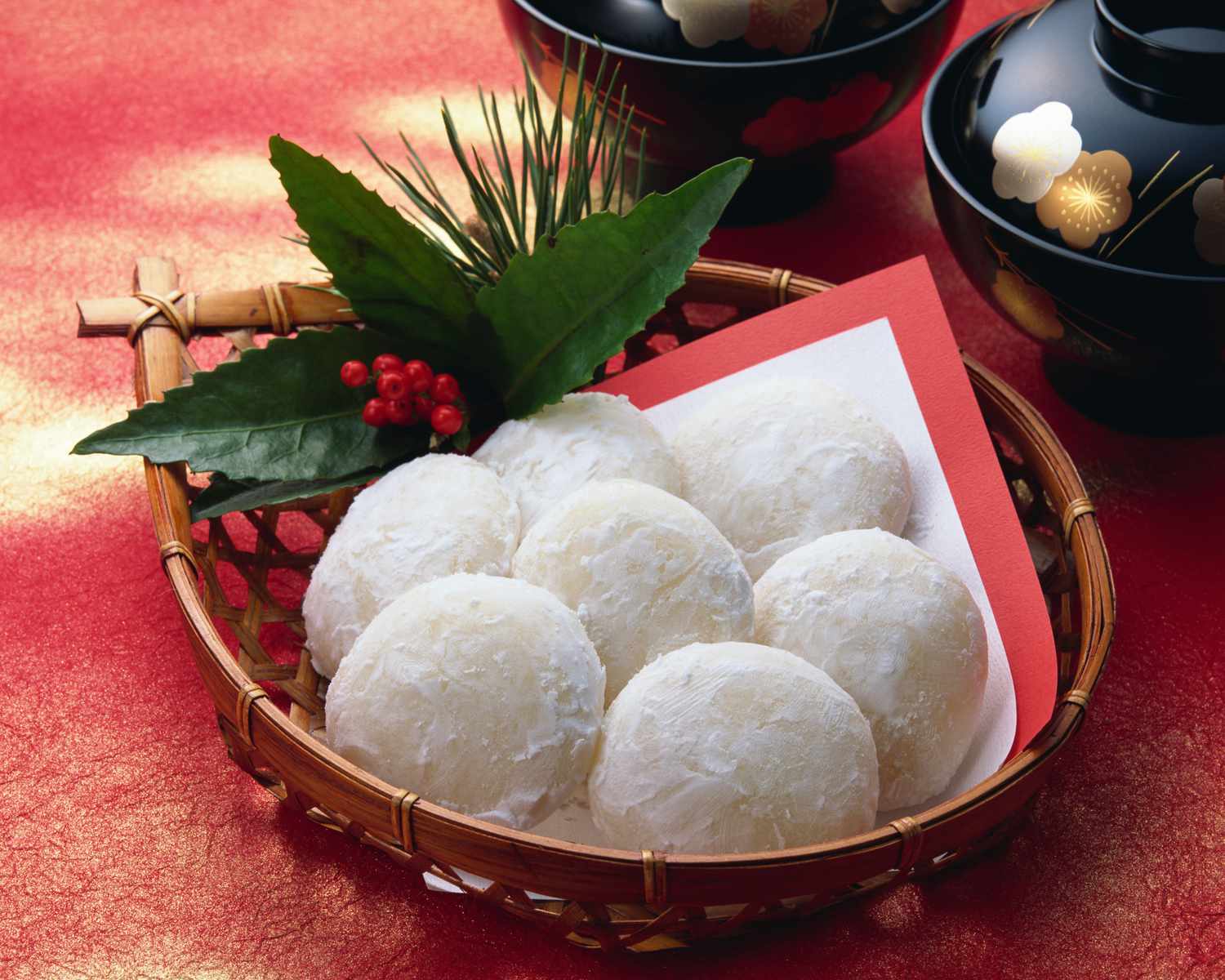When it comes to Japanese cuisine, nori is a staple ingredient that has gained popularity around the world. But what exactly is nori and why is it so widely used? Let's dive into the world of nori and explore its origins, uses, and nutritional benefits.
Origins of Nori
Nori is a type of edible seaweed that is traditionally used in Japanese cuisine. It is made from a species of red algae called Porphyra, which is harvested from the coastal waters of Japan, Korea, and China. The process of making nori involves shredding and pressing the seaweed into thin, paper-like sheets, which are then dried and toasted to enhance their flavor.
Culinary Uses
Nori is perhaps best known for its role in sushi, where it is used to wrap rice and other ingredients to create the iconic sushi rolls. However, nori is a versatile ingredient that can be used in a variety of dishes. Here are some popular culinary uses of nori:
-
Sushi Rolls: Nori is an essential component of sushi rolls, providing a savory and slightly salty flavor that complements the rice and fillings.
-
Rice Balls: In Japanese cuisine, nori is often used to wrap rice balls, known as onigiri, adding a delicious umami taste to the snack.
-
Seasoning: Crumbled nori can be used as a seasoning to add depth of flavor to soups, salads, and noodle dishes.
-
Snack: Roasted nori sheets are enjoyed as a standalone snack, offering a crispy texture and a unique sea-inspired taste.
Nutritional Benefits
In addition to its culinary versatility, nori also offers a range of nutritional benefits. This nutrient-dense seaweed is packed with essential vitamins and minerals, making it a healthy addition to your diet. Here are some of the key nutritional benefits of nori:
-
Vitamins and Minerals: Nori is rich in vitamins A, C, and E, as well as minerals such as iodine, calcium, and iron.
-
Protein: Despite its delicate texture, nori contains a surprising amount of protein, making it a valuable source of this essential nutrient, especially for those following a plant-based diet.
-
Omega-3 Fatty Acids: Nori is a good source of omega-3 fatty acids, which are known for their heart-healthy benefits.
-
Low in Calories: Nori is low in calories and carbohydrates, making it a great option for those looking to maintain a healthy weight.
Incorporating Nori into Your Diet
If you're looking to incorporate nori into your diet, there are plenty of creative ways to enjoy this nutritious seaweed. Whether you're a fan of sushi or looking to experiment with new flavors, here are some ideas for using nori in your cooking:
-
Sushi Night: Host a sushi-making night at home and experiment with different fillings and nori-wrapping techniques.
-
Nori Chips: Cut nori sheets into smaller pieces, season with your favorite spices, and bake them in the oven for a crispy and nutritious snack.
-
Nori Salad: Sprinkle crumbled nori over a fresh green salad to add a burst of umami flavor.
-
Nori Wraps: Use nori sheets as a substitute for tortillas or wraps when making sandwiches or wraps.
In Conclusion
Nori is a versatile and nutritious ingredient that adds a unique flavor and a wealth of nutrients to a variety of dishes. Whether you're a fan of Japanese cuisine or simply looking to expand your culinary horizons, incorporating nori into your cooking can open up a world of delicious possibilities. So, the next time you're at the grocery store, consider picking up a pack of nori sheets and get creative in the kitchen!
Was this page helpful?
Read Next: What Is The Most Popular Ice Cream Flavor











